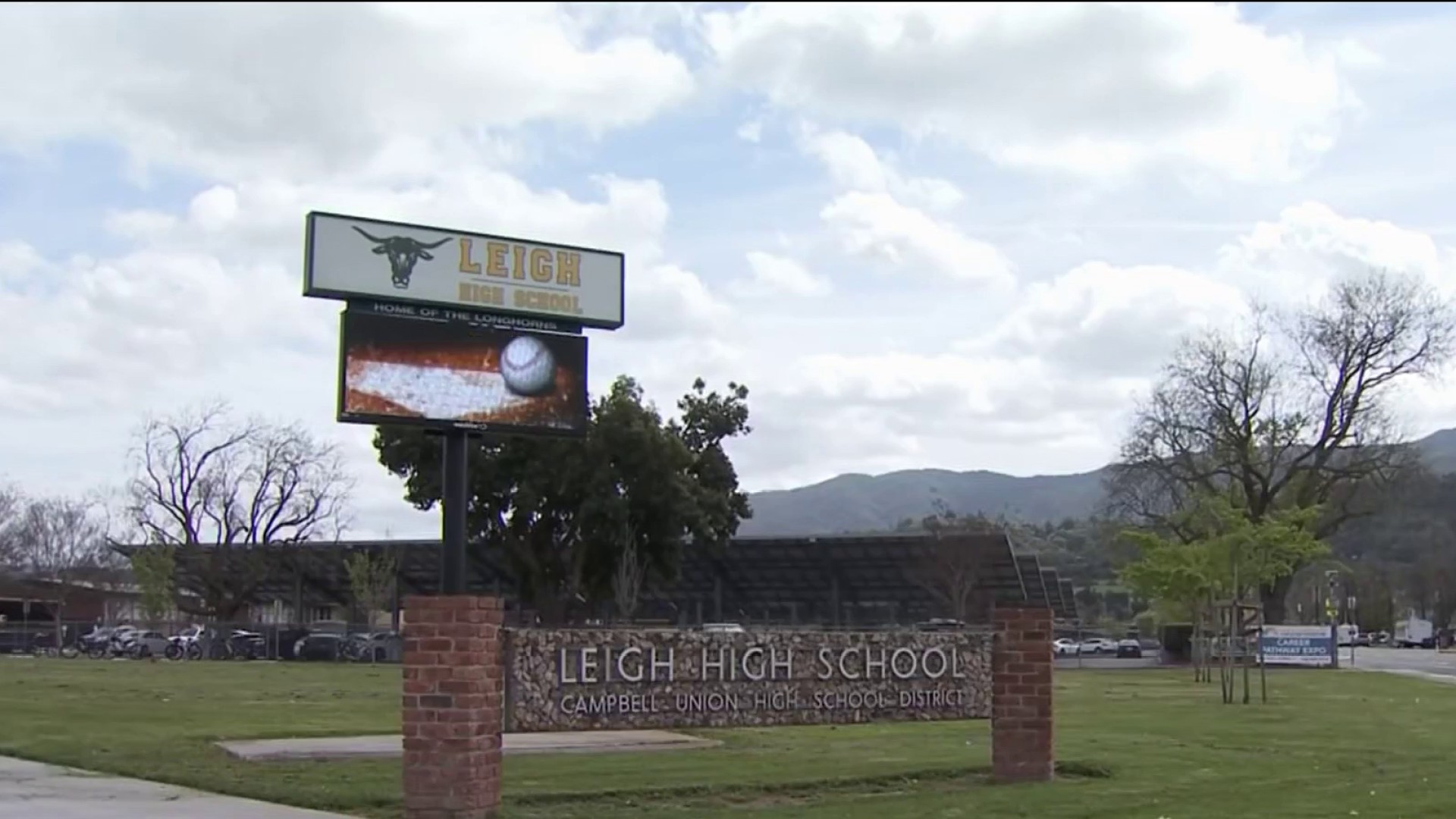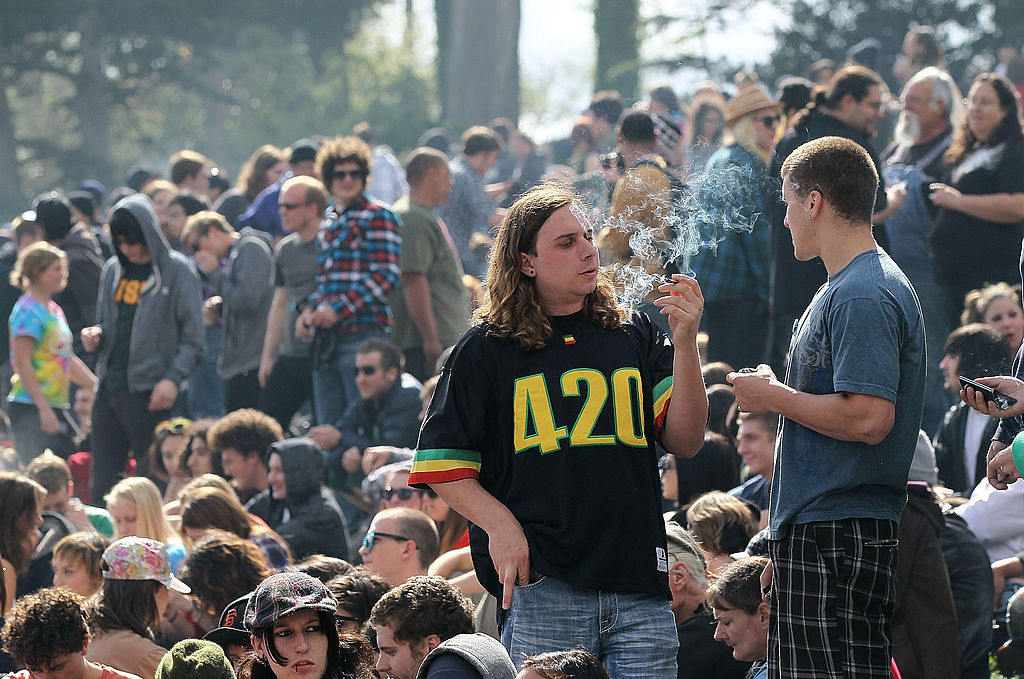Five funny guys remain in the San Francisco International Stand-Up Comedy Competition: Tony Baker of Los Angeles; Mike Merryfield of Menasha, Wisc.; Dave Williamson of Miami, Fla.; Prashanth Venkataramanujam of Chicago; and The Greg Wilson of Dallas, Tex.
You’ve got three more chances to check out the remaining competitors before someone is crowned champ: Friday at the Victoria Theatre in San Francisco and Saturday at Cache Creek Casino in Brooks.
The winner takes home $5,000—but it’s been some of the runners-up who have taken the glory and gone on to big careers: Robin Williams, Ellen DeGeneres and Nick DiPaolo among them.
After I helped judge one of the preliminary rounds in Oakland, I caught up with Jon Fox, who has been overseeing the competition for more than 35 years.
Corey Andrew: The competitors that come in from out of town, are they here for the duration or do they travel back and forth?
Jon Fox: What happens is the ones who are convinced they are gonna win it, they get in that second week, because they don’t want to wait around. They want to get right into the semis. They come in and stay with friends or there’s five to a motel room. Very few of them are able to come in and cover all their own expenses. They help each other with rides. Part of what it’s all about is sharing this experience with contemporaries. Those friendships last throughout a career. It’s one of the benefits of being in the event.
Corey: Have you stayed in touch with competitors over the years?
Local
Jon: Some of them, but the reality of the business is once they become a big star, there’s an agent between you and them. People always say, ‘Help me on my way up and I’ll come back and return the favor.’ That generally doesn’t happen. There’s no resentment here.
Corey: It’s always a feather in their cap for the ones who did well.
Jon: It’s a great credit. When you’ve got people like Dana Carvey and Robin Williams and Ellen DeGeneres and Louis C.K., it’s gotten to the point where just being accepted in it is a great credit. We do look at 700 applicants and only choose 32 of them.
Corey: What’s that process like?
Jon: We have a talent director, Peter Gray, and now it’s pretty good because most people have YouTube stuff. They might send a tape in, but most people we can find on the Web. They’re not rank amateurs by any means. They’re professionals and they’re ready to take the next step in their career.
Corey: How varied is the experience level?
Jon: We have the gunslingers who come in saying, ‘I’m gonna win that $5,000.’ Then we have the diamonds in the rough that come in all wild-eyed, innocent and funny and don’t have a clue what the business is about. I wouldn’t say it tilts one way or the other. Sometimes the gunslinger wins and sometimes the bright, young prospect wins.
Corey: You’ve got shows taking place all over the Bay Area. Is that a necessity for stage space or is there another reason why it’s spread around?
Jon: In some of the cases, these comics have only played one club. They haven’t been out on the road. We’re presenting an obstacle course that represents what the business is all about. One of the aspects of it is get in your car and drive 300 miles and perform that night. We do go where the crowds are. Someone will drive to Lake Tahoe to perform for 600 people. When you’re in San Francisco proper, there are so many other things going on, you don’t always attract the same attention as going to the hinterlands.
Corey: There’s different categories the comedians are being judged on. Do you share that feedback with them?
Jon: Yes we do. Not immediately. We don’t want them calling you up and calling you a “…” When it is over we offer them an opportunity to see an analysis to see the categories they were strong in and where they might need a little work. Even if you don’t get prize money, it’s a phenomenal workshop to come to grips with what they are doing. It’s a tough business, full of rejection. It’s a love/hate relationship they have with their audience. Sometimes they’re not willing to give it up. They just hold back a little. With this contest, if you’re going to succeed, there’s no holding back.
Corey: Looking at the list of folks who have taken part and placed, a lot of the runners-up have become huge.
Jon: We have that aspect, the number twos. It’s the younger child who is gonna show the winner who’s boss. Ellen DeGeneres came in second to Sinbad. Dane Cook came in second to Doug Stanhope. Of course, Robin Williams. Poor Bill Farley—who won the first contest—he was tormented by the fact that he beat Robin Williams. That pretty much ran him out of the business. He couldn’t take it. The number twos have really challenged the winners with success.
Corey: But you wouldn’t suggest pulling any punches—or any punch lines—in that last round.
Jon: No. ‘Pull it back a little. You really want to come in second.’ I don’t think that would wash. Nothing like winning, you know.
Visit sanfranciscocomedycompetition.com for more information.
Corey Andrew has been interviewing comedians and writing about comedy for the last decade and a half. In 2011, he published the book, “Laugh Lines: Conversations with Comedians.” Corey was a writer and performer with Midwest sketch troupe, The NonProphets, before moving to the Bay Area with his family a few years ago. If you have ideas for future columns about comedy, you can send them to coreywrites@yahoo.com or follow him at twitter.com/coreywrites.



